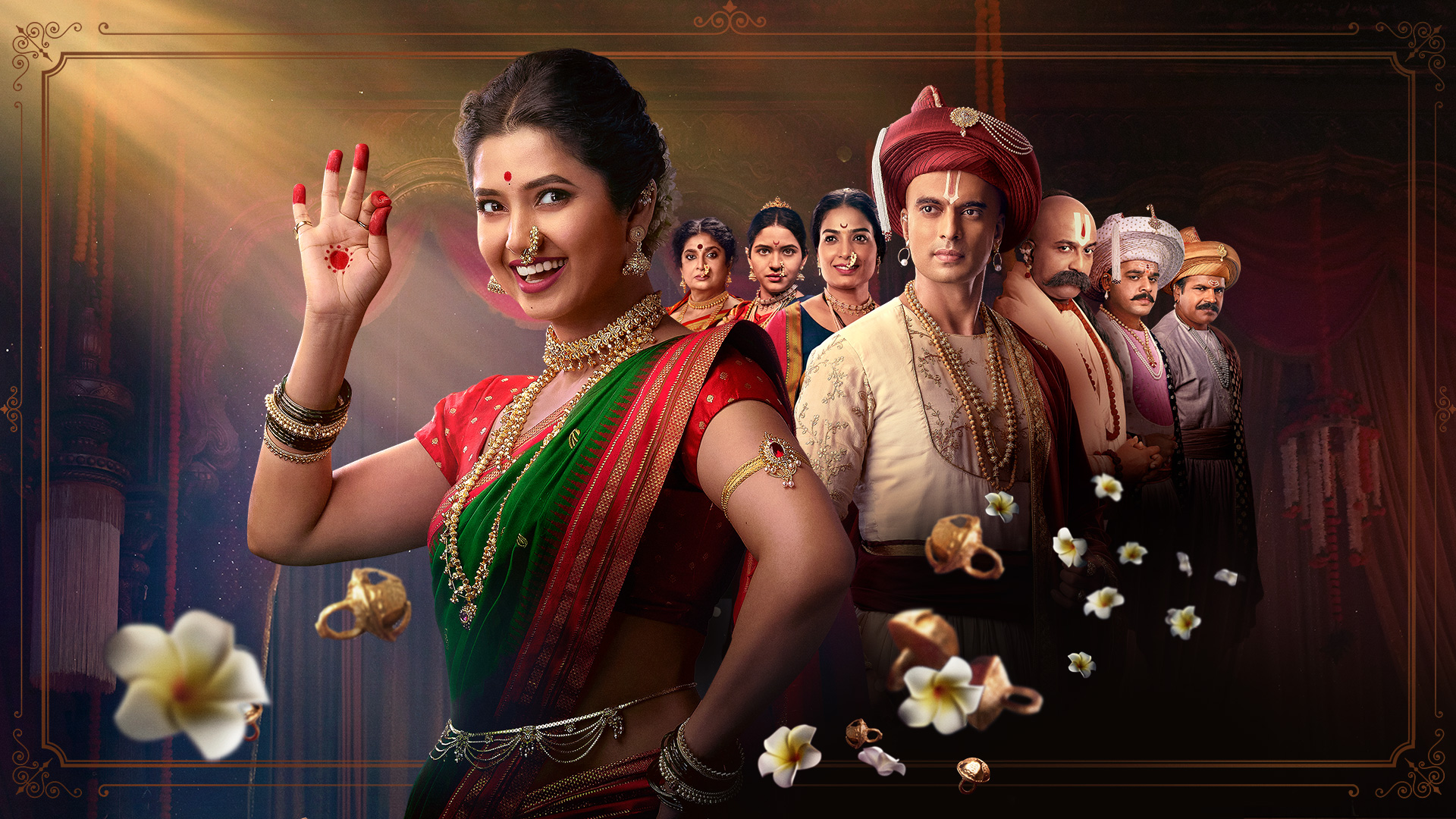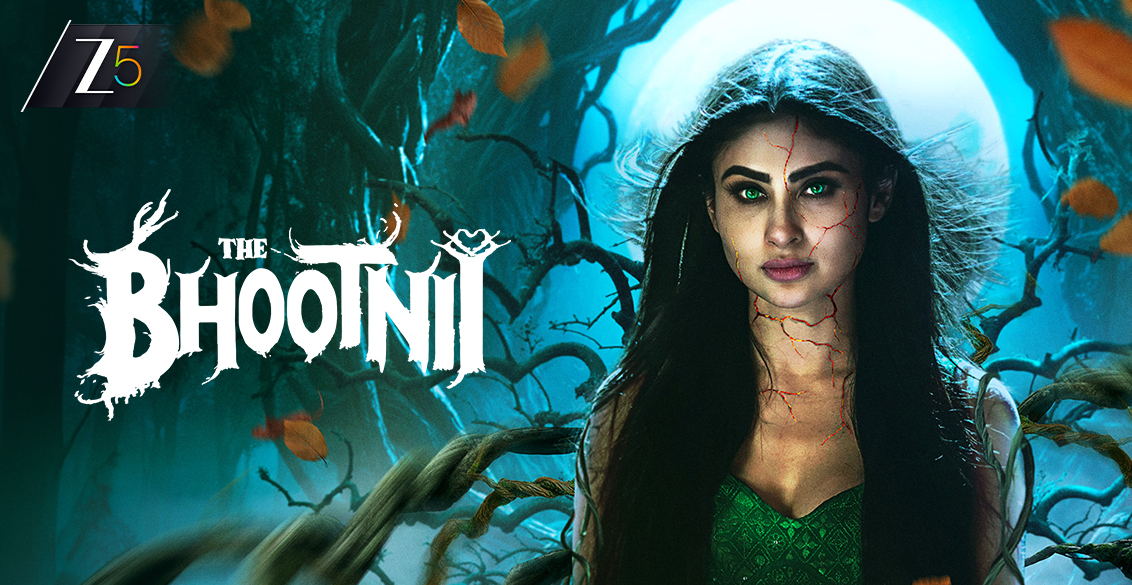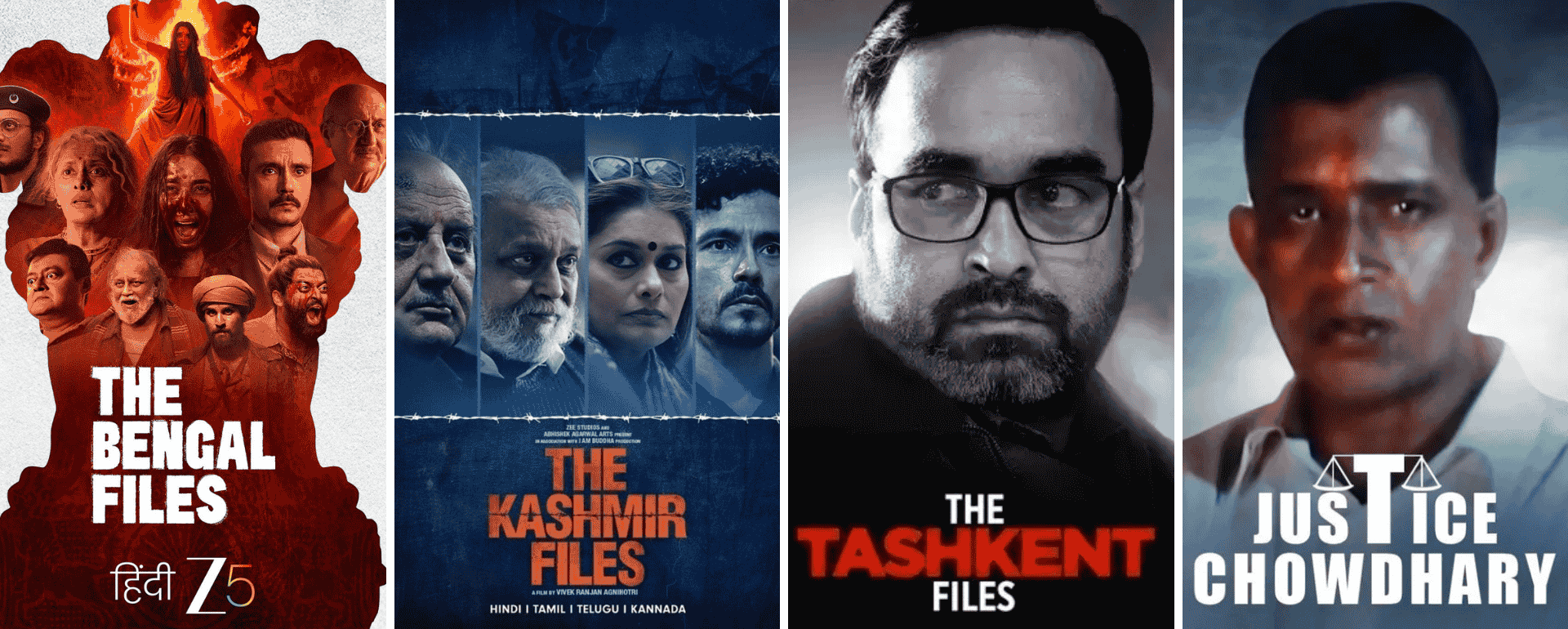Phullwanti movie is the period drama story we want—sharp on place and time, full of rhythm and language, and it takes no hurry to point out what the camera shows you. The place: 18th-century Pune under the Peshwas. It tracks a famous court dancer and an honoured scholar whose clash of beliefs becomes the film’s gentle storm. What begins as a taste fight—art versus simple ways—turns into a large debate about tradition, reputation, and what changing your mind costs in a watched society. It stays close, but the risks touch everyone.
If you’re exploring more choices around this lane, start with Phullwanti itself, then browse our curated shelves for Marathi movies, wider-canvas drama movies, and richly mounted period drama movies. For discovery runs, keep an eye on new movies and year-round-ups like 2024 movies. Curious about the leads? Dip into filmographies such as Gashmeer mahajani.
What Phullwanti Movie’s Plot Is
At its core, Phullwanti movie examines how a society frames “respectability.” Phullwanti, a renowned dancer in the Peshwa court, commands a room with the architecture of her hands and the certainty of her gaze. Venkat Shastri, an erudite scholar, prizes restraint and text over spectacle. When his public critique of her art lands like a slap, the romance film steps into a debate that’s older than any empire: who decides what is “high” art, and why? Their encounters are written like chess—two players circling, testing the other’s definition of virtue. The plot moves with measured certainty, letting us linger on faces and courtyards, and each shift in their relationship arrives as the consequence of character, not convenience.
Performances That Carry Weight
Prajakta Mali brings a contained fire to the Phullwanti movie. Her performance is built on micro-choices: the half-smile that masks a sting, the breath she takes before a correction, the way a silken anklet sounds different when the foot is unafraid. She handles the dance passages without showboating, letting the grammar of movement tell its own truth. Opposite her, Gashmeer Mahajani plays Venkat Shastri with a scholar’s spine—measured diction, guarded eyes, and gradually softening edges. He avoids the easy pivot; you can feel the drag of doctrine on every concession he makes. Together, they give the film its tensile pull: a conversation in which neither wants to lose face, yet both are learning to listen.
Craft: World-Building You Can Feel
Production design earns top billing for Phullwanti movie. Markets are crowded but never messy, courtyards wide yet humming with quiet commerce, and interiors are dressed with practical objects—not prop-shop opulence. Shaniwar Wada appears with a lived-in texture rather than a postcard sheen. Costume choices are rooted in function: textiles drape like they were chosen for heat and work, then elevated for ceremony. The palette leans earthward—sandalwood, indigo, copper—so when a ceremonial red or a gold thread flashes, it means something.
The camera keeps a respectful distance when it should. Close-ups land sparingly, usually to register a moral hesitation or a needle of humiliation. Dance sequences are shot to preserve footwork and line, the way you’d actually watch in a durbar; cuts don’t shred the choreography. It’s a relief.
Music That Serves the Story
The score adopts classical scaffolding and resists the temptation to dominate. Ragas arrive as emotional cues, not adornments; percussion follows breath and feet. Songs surface to carry thought rather than to pause it, and transitions respect silence—because silence in courts and libraries is language, too. When the film bridges an argument with a melodic phrase, it feels earned, like a remembered lesson rather than a cue card.
Language, Culture, and the Weight of Reputation
Letting the Phullwanti movie live in Marathi isn’t just about authenticity; it’s a narrative choice. Turns of phrase bite or soothe differently in the mother tongue, especially when the debate is about the dignity of an art form seeded in local tradition. The script trusts idiom and avoids flattening cultural nuance for exposition. You hear how a single honorific can warm a room—or freeze it. Custom, ritual, and etiquette shape the plot the way weather shapes a city.
Direction: Restraint Over Rhetoric
The direction favours patience, showing authentic period drama work by Snehal Tarde. Scenes begin a beat earlier and end a beat later than you expect, letting us read what people choose not to say. Key confrontations are staged like public performances: the court as courtroom, the audience as jury. The film also understands that persuasion is incremental; it’s not one speech but a dozen small reckonings—an apology not offered, a duet not danced, a text read differently the second time. By the time we reach the final third, momentum builds without noise; you feel the pressure of community on two people trying to revise themselves.
Why It Works—And Who Should Watch
If your appetite is for spectacle alone, Phullwanti will feel measured. If you’re here for character, craft, and argument, it’s deeply satisfying. The history film respects viewers willing to watch a belief evolve in real time. History is not a backdrop here; it’s the petri dish. You come for the romance and stay for the ethics—how we credit art, how we punish ambition, and how we forgive pride when it signs its name in public.
Phullwanti movie is especially for viewers who notice the way anklets sound on stone, who can tell when a scholar starts repeating old lines to himself because the new ones scare him, and who love watching a city—its markets, forts, and private rooms—behave like a supporting character.
Final Word
Phullwanti movie is a confident Marathi period drama that keeps its promises: an argument worth having, performances that carry fate in their posture, and a world so carefully built that you forget it was built at all. It doesn’t strain for grandeur; it earns it. Stream it now, then stay for the aftertaste—the way a dancer and a scholar teach each other to name beauty, and the way a city listens.
Bio of Author: Gayatri Tiwari is an experienced digital strategist and entertainment writer, bringing 20+ years of content expertise to one of India’s largest OTT platforms. She blends industry insight with a passion for cinema to deliver engaging, trustworthy perspectives on movies, TV shows and web series.




